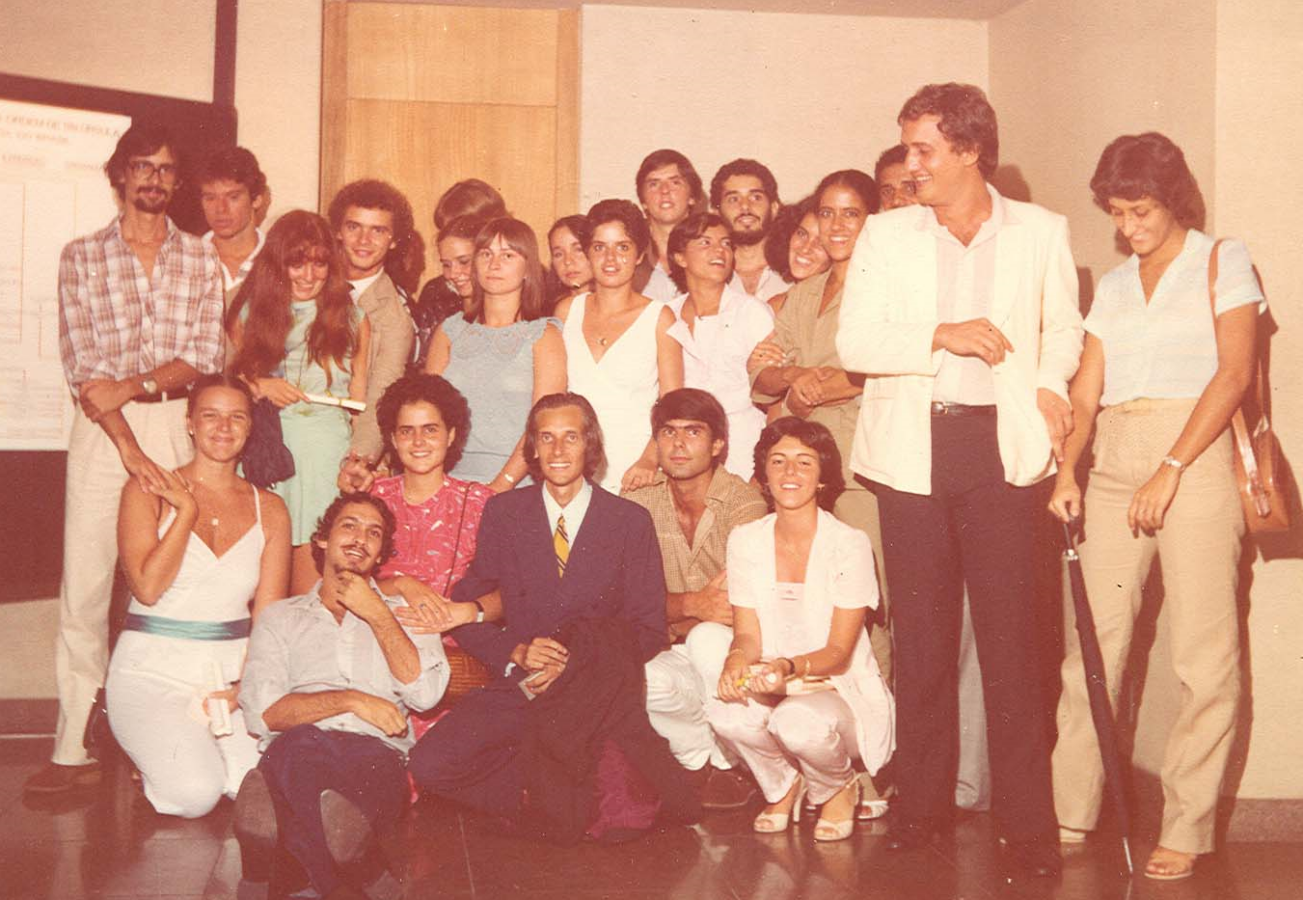With the Brazilian movie “I’m Still Here” showing around the country and having been nominated for Golden Globe and Oscar awards, memories of my youth in Brazil during the military dictatorship keep flooding back.
Brazil’s dictatorship started with a military coup in 1964 and lasted well into my formative years, ending in 1985. The United States supported the coup in Brazil as it supported coups elsewhere in Latin America, from Guatemala to Chile, as tools in the fight against communism. Interestingly, the US insisted on some form of democracy in Brazil and its influence made the dictatorship a weird democracy with presidents elected within the military—a front, for all practical purposes.
The dictatorship “virtually legalized torture and censorship” with the enaction of the Institutional Act 5 (AI-5), an act that suspended constitutional guarantees and gave exceptional powers to the president of the Republic. In the 70s, the AI-5 was in full force, and much feared.
The government then could invade any place it wanted (including private homes) and take whatever it deemed unacceptable (including people). I am probably not going to see “I’m Still Here”—I don’t think I can bear seeing a re-enactment of those times.
I have stayed in touch with friends from both high school and university, and my university years were the most oppressive, challenging, and frightening. The government had spies at my university (and every other one also). One colleague was arrested and held prisoner by DOI-CODI (Department of Information Operations-Center for Internal Defense Operations) for 15 days—for no clear reason—and then was followed for several years after that.

Wikipedia’s page on DOI-CODI is right when it says the department was “responsible for suppressing internal dissent against the regime. It acted as a political police, using torture and other counter-insurgency methods, with a focus on anti-communism.” Another colleague, whose middle initials are P.C., was told not to use them anymore, because PC means Partido Comunista (Communist Party), and he would be a target if his initials linked him to the party. It was THAT bad.
My Brazilian friends recently reminded me of the dictatorship’s attacks on science and scientists, which I had forgotten (or blocked from my memory?). The most egregious attack on science came in 1970 through AI-5, by then known as an instrument of persecutions, disappearances and killings. The government blocked many of Brazil’s top scientists from doing their life-saving research and expelled them from the internationally famous public health institute Instituto Oswaldo Cruz (IOC), which is located in the area known as Manguinhos. The episode became known as the Manguinhos Massacre. In addition to the expulsion of world-renowned scientists, many scientific collections were destroyed or stored in poor conditions until they were rescued years later.
I was lucky to have those giants of scientific knowledge as my university professors, as my private university hired many of the scientists expelled from IOC (by “law” they could not work in any public institution after being expelled). The lessons they taught went well beyond the classroom. My professor Herman Lent, one of the ousted researchers, later wrote a book titled The Manguinhos Massacre, describing the repression of scientific research by the dictatorship.
The main (original) building of IOC is known as the Moorish Castle, and I think it is one of the most beautiful buildings in Rio de Janeiro. Throughout my academic career in Brazil, I collaborated with several IOC scientists and visited many times. I am proud to have done so—not only to link myself to a part of history that defined who I became, but also (and most importantly) to be reminded of what an authoritarian regime can do.
Science has always scared authoritarian regimes, who tend to ignore the scientific method and recorded evidence in the pursuit of outlandish and oppressive goals that have harmed and killed millions. If we don’t continue to fight against the attacks on science and the budding authoritarian regime we are living through right now, I am afraid of the future. My past teaches me what it’s like. And I don’t want to live through it again in the US. Never forget.

